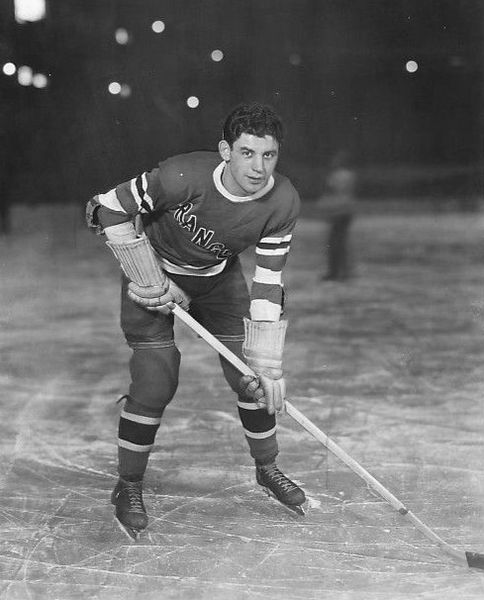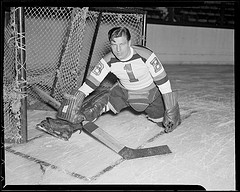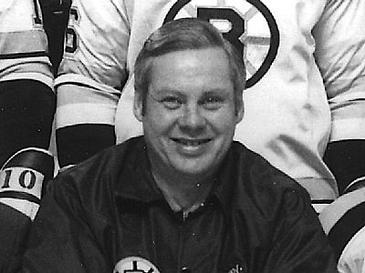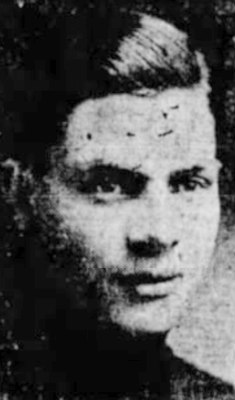Babe Pratt had a reasonably strong career as an offensive D in the NHL with the Rangers, at least in terms of total points. (The early NHL had some D score a lot in 20-ish-game seasons.) Then he was traded to the Leafs, he broke D single-season scoring records and won the Hart.
Pratt’s Hall of Fame case rides almost entirely on his Hart season (and the season after). Does he belong in the Hockey Hall of Fame?
Listen here:
Continue reading “Does Walter “Babe” Pratt Belong in the Hockey Hall of Fame?”







